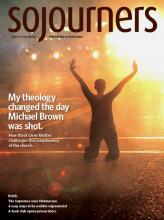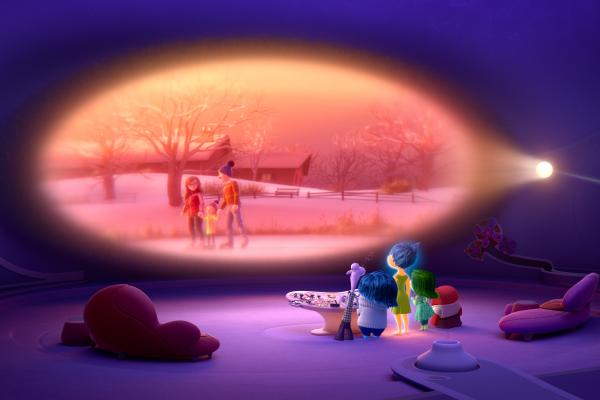THE TEACHER Edwin Friedman believed that good leadership creates conditions for people to find tools to become emotionally mature. In other words, no matter what its stated goal (civil rights, community organizing, religious engagement), the most important purpose of leadership is to help us become more fully human.
Of course this is also true for artistic endeavors—stories that create emotional dependency in audience members are not offering good leadership, and they usually make for bad art too. We may like them, as they satisfy the surface-level desire for easily grasped narratives and quick resolution. But that’s the aesthetic equivalent of a cheap burger. Our deeper hunger is for stories that strive to tell the truth about life and its possibilities, that demand self-reflection, and that permit subtexts to breathe so we can fill in the gaps.
I saw three such films recently. Inside Out displays astonishing imagination, bringing us into the human psyche to figure out how we think. There’s genius in a story that gives the five core emotions personalities, wisdom in how it makes honest work of how people confront change, and a delightful bonus in the form of Bing Bong, a character with all the lovableness of Baloo the Bear and a purpose with which Carl Jung would be pleased. Inside Out offers no shortcuts to spiritual well-being. It’s film-as-therapy that’s as entertaining for kids as it is wise for adults (and vice versa).
Read the Full Article

